What Is Chile Pasilla? A Flavorful Journey Through Mexico's Favorite Pepper
Table of Contents
Introduction to Chile Pasilla
If you're a spice enthusiast or a food lover, you've probably heard of the chile pasilla. But what exactly is it? In simple terms, the chile pasilla is a type of chili pepper that originates from Mexico. It’s one of the most commonly used peppers in traditional Mexican cuisine, and its deep, smoky flavor makes it a favorite among chefs and home cooks alike.
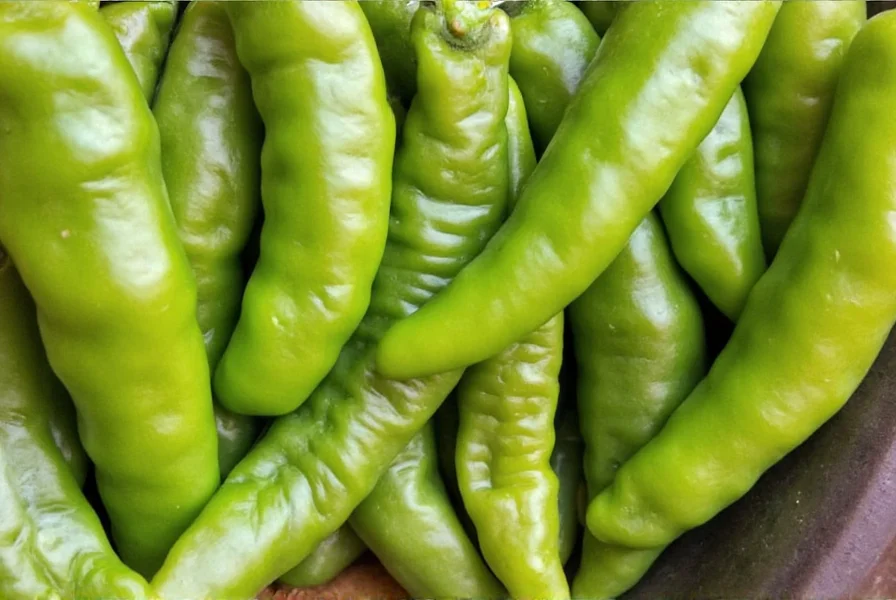
The name “pasilla” translates to “little raisin” in Spanish, which refers to its dark, wrinkled appearance when dried. This unique look, along with its rich flavor, has made it a staple in many dishes, from salsas and moles to stews and sauces. Whether you’re cooking up a storm or just curious about new flavors, understanding the what is chile pasilla question can open up a whole new world of taste.
Appearance and Characteristics
The chile pasilla is a long, thin pepper that typically measures around 8 to 10 inches in length. When fresh, it has a deep green color, but as it dries, it turns dark brown or black, giving it a slightly wrinkled texture—hence the nickname “little raisin.”
One of the key features of the chile pasilla is its mild to medium heat level. Unlike some of the hotter peppers like jalapeños or habaneros, the chile pasilla delivers a more subtle warmth, making it accessible even for those who aren’t big fans of spicy food.
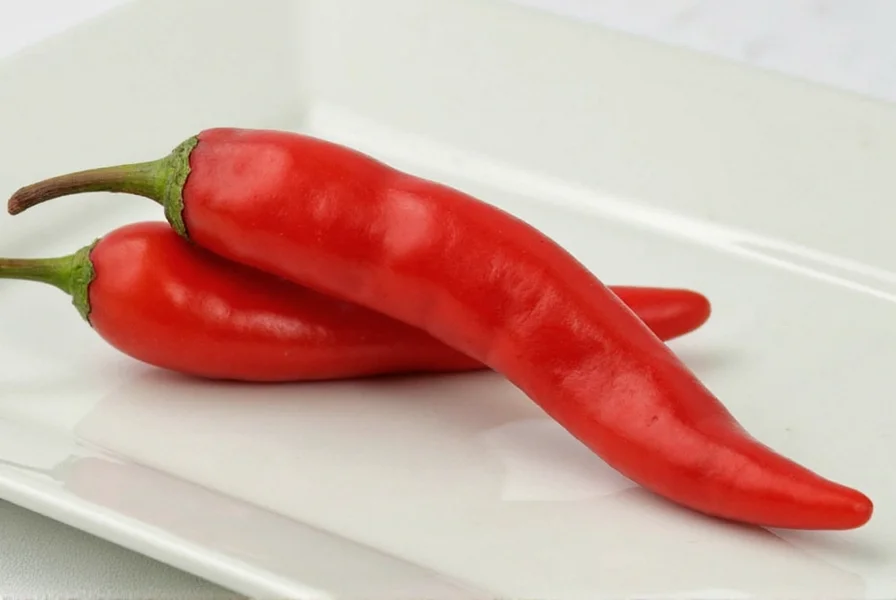
Key Features of Chile Pasilla:
- Length: 8–10 inches
- Color: Green (fresh), Dark Brown/Black (dried)
- Heat Level: Mild to Medium
- Texture: Thin, flexible flesh with a wrinkled surface when dried
Flavor Profile and Culinary Uses
The chile pasilla is known for its rich, earthy, and slightly sweet flavor. When dried, it develops a smoky, almost caramelized note that adds depth to any dish. Its versatility makes it a go-to ingredient for both traditional and modern recipes.
In Mexican cuisine, the chile pasilla is often used in mole, a complex sauce made from a variety of ingredients including chocolate, nuts, and spices. It’s also a key component in salsa roja and chili con carne, where it provides a deep, smoky base.
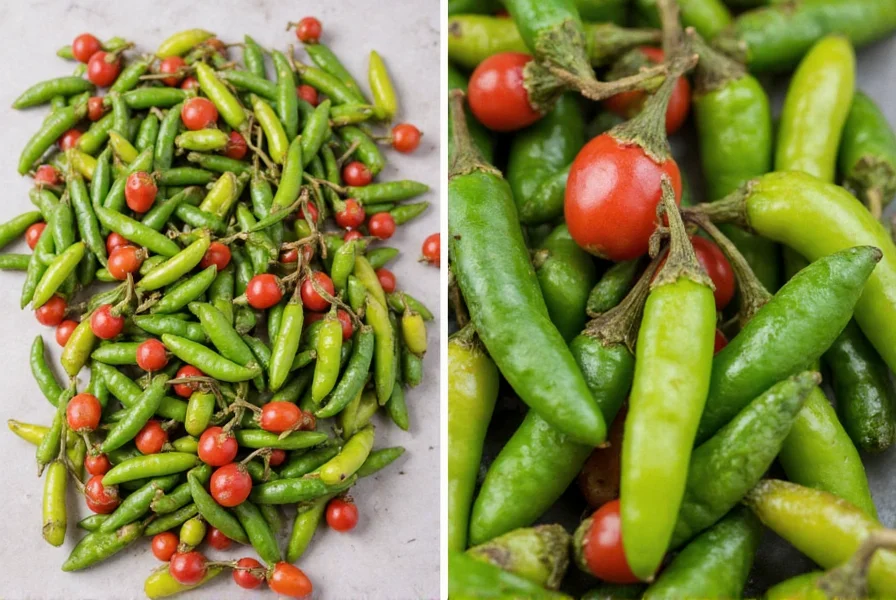
For those looking to experiment at home, the chile pasilla can be rehydrated and blended into sauces, or used whole in stews and soups. Its flavor is especially well-suited for slow-cooked dishes where the richness can fully develop.
Comparison with Other Peppers
To better understand the chile pasilla, it helps to compare it with other common chili peppers. Here’s a quick comparison table:
| Pepper | Heat Level | Flavor Profile | Common Uses |
|---|---|---|---|
| Chile Pasilla | Mild to Medium | Earthy, Smoky, Slightly Sweet | Mole, Salsa, Stews |
| Jalapeño | Mild | Grassy, Peppery | Salsa, Nachos, Pickling |
| Chipotle | Medium to Hot | Smoky, Spicy | Sauces, Rubs, Grilling |
| Ancho | Mild to Medium | Sweet, Earthy | Mole, Sauces, Stews |
As you can see, the chile pasilla shares similarities with both the ancho and chipotle, but it has a more distinct smokiness and a slightly sweeter profile. This makes it ideal for dishes that require a balance of heat and depth.
Buying Guide for Chile Pasilla
If you're ready to try the chile pasilla, here are some tips on how to buy it and what to look for:
Where to Buy
You can find chile pasilla at most specialty grocery stores, Hispanic markets, and online retailers. Look for dried versions, as they are more commonly used in cooking.
What to Look For
- Appearance: Choose plump, dark-colored pods without cracks or mold.
- Smell: A good chile pasilla should have a strong, aromatic scent.
- Texture: Dried chile pasilla should be slightly brittle but not too hard.
Recommended Products
Here are a few high-quality chile pasilla options available for purchase:
- Mexi-Choice Chile Pasilla – Known for its rich flavor and quality packaging. Ideal for home cooks and chefs alike.
- La Voz Chile Pasilla – A premium option with a deep, smoky flavor perfect for authentic Mexican dishes.
- Casa de los Chiles Chile Pasilla – Offers a range of sizes and is great for both small and large batches.
These products are suitable for a variety of occasions, from casual dinners to special celebrations. They work best in recipes that highlight their smoky, earthy notes.
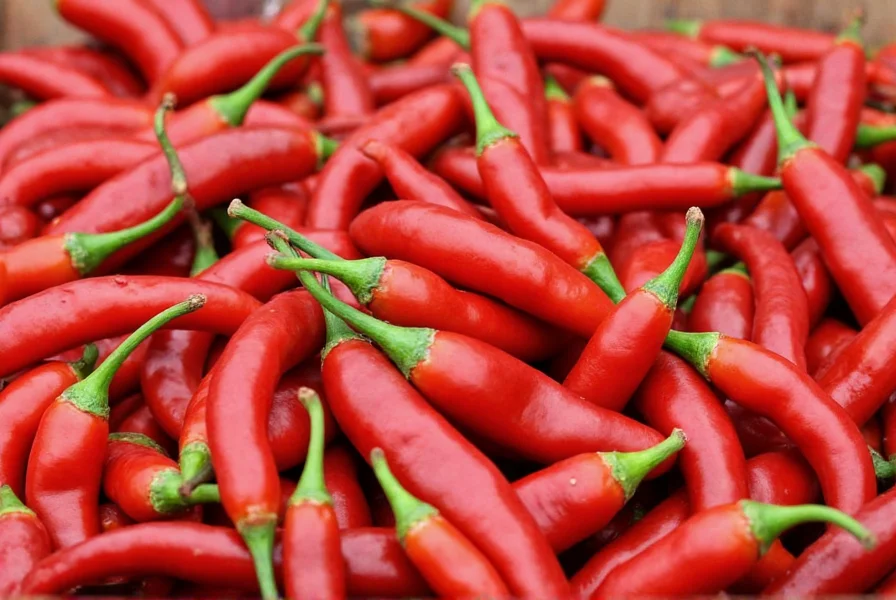
Practical Tips for Using Chile Pasilla
Whether you're a seasoned cook or a spice newbie, these practical tips will help you make the most of your chile pasilla:
- Rehydrate Before Use: To get the full flavor, soak the dried chile pasilla in warm water for 20–30 minutes before using.
- Toast for Extra Flavor: Lightly toast the dried peppers over a flame or in a dry pan to enhance their smoky aroma.
- Use in Small Amounts: The chile pasilla is flavorful, so start with a small amount and adjust to taste.
- Pair with Rich Ingredients: Its deep flavor pairs well with chocolate, tomatoes, garlic, and onions.
- Store Properly: Keep dried chile pasilla in an airtight container away from moisture and sunlight.
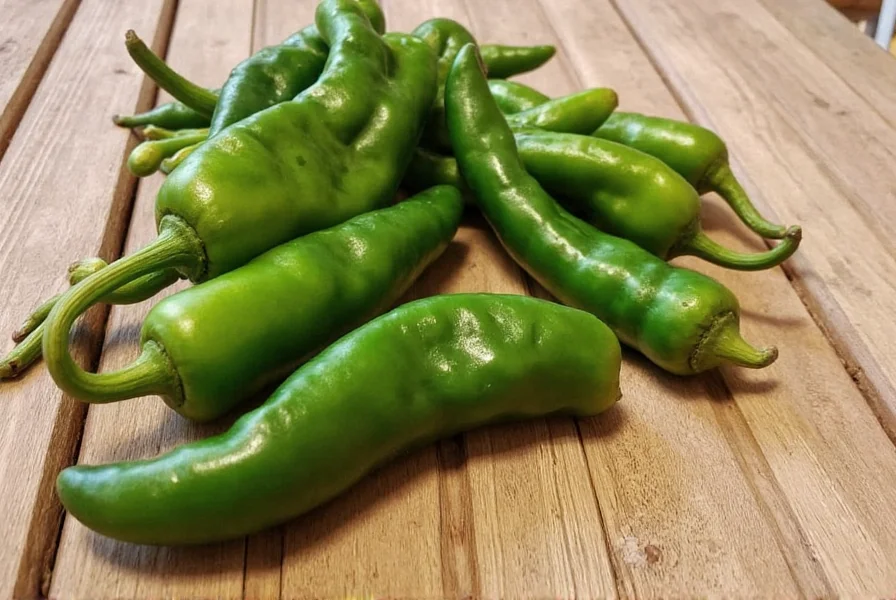
Conclusion
The chile pasilla is more than just a pepper—it’s a flavor enhancer and a cultural icon in Mexican cuisine. From its distinctive appearance to its rich, smoky flavor, the chile pasilla offers a unique experience for anyone who loves exploring new tastes.
So, if you’ve ever asked yourself, “What is chile pasilla?” now you know. It’s a versatile, flavorful pepper that brings depth and character to any dish. Whether you’re making a classic mole or experimenting with new recipes, the chile pasilla is a must-have in your spice collection.
Next time you’re shopping for spices, don’t skip the chile pasilla. It might just become your new favorite ingredient.

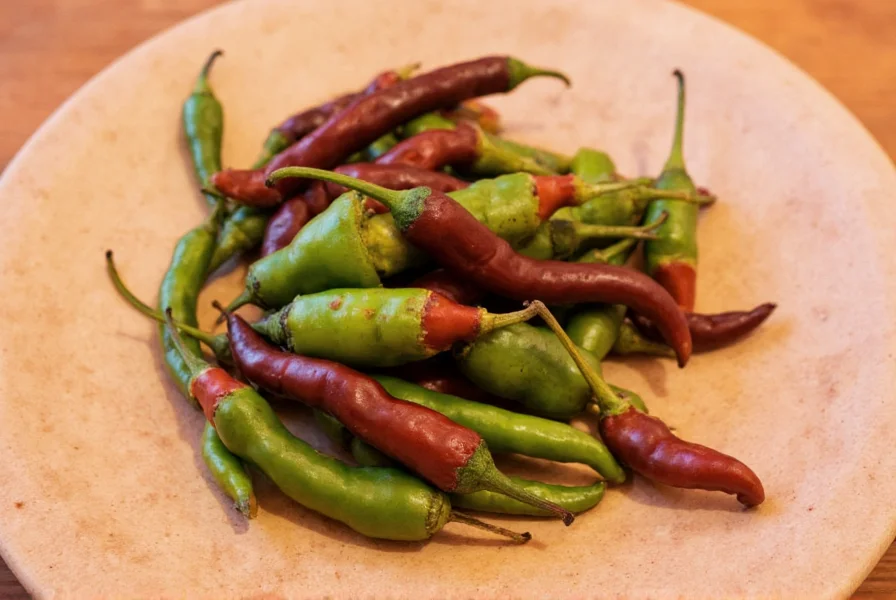









 浙公网安备
33010002000092号
浙公网安备
33010002000092号 浙B2-20120091-4
浙B2-20120091-4